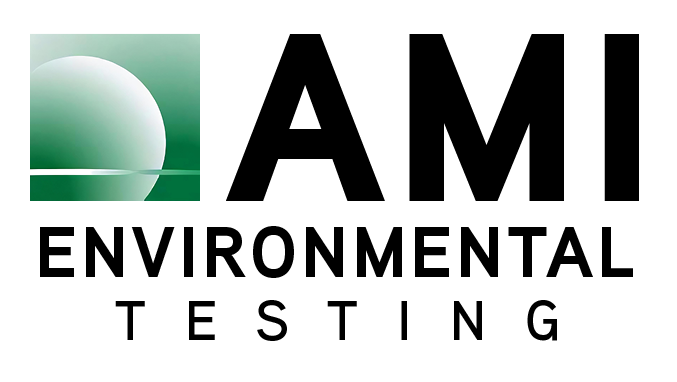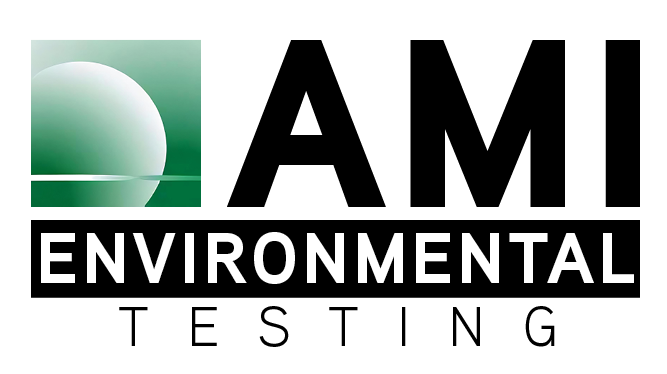Indoor air quality (IAQ) is a critical but often overlooked aspect of a healthy and productive work environment. The air employees breathe throughout the day can significantly impact their health, comfort, and overall performance. Poor IAQ—caused by pollutants like dust, mold, volatile organic compounds (VOCs), and inadequate ventilation—can lead to a range of symptoms, including headaches, fatigue, eye irritation, and respiratory problems. Over time, it can contribute to more serious conditions such as asthma, chronic bronchitis, or other long-term health concerns.
When IAQ is compromised, it doesn’t just affect employee health—it also affects business operations. Increased absenteeism, decreased productivity, and higher healthcare costs are all common side effects of indoor air issues. Workplaces with clean, well-ventilated air see fewer sick days, better focus, and improved employee satisfaction.
Environmental consultants can help businesses assess and improve indoor air quality by conducting comprehensive evaluations of HVAC systems, ventilation, humidity levels, and potential sources of pollutants. They may perform air sampling, inspect for mold or other contaminants, and review building materials and cleaning products for emissions. Based on findings, they offer practical recommendations—like air purification systems, improved filtration, or maintenance strategies—to create a healthier indoor environment.
Maintaining good IAQ is not just about comfort—it’s about fostering a safe and supportive space where employees can do their best work. By investing in air quality monitoring and improvements, companies show a strong commitment to the well-being of their teams.
Contact AMI Environmental Testing for more IAQ information.



